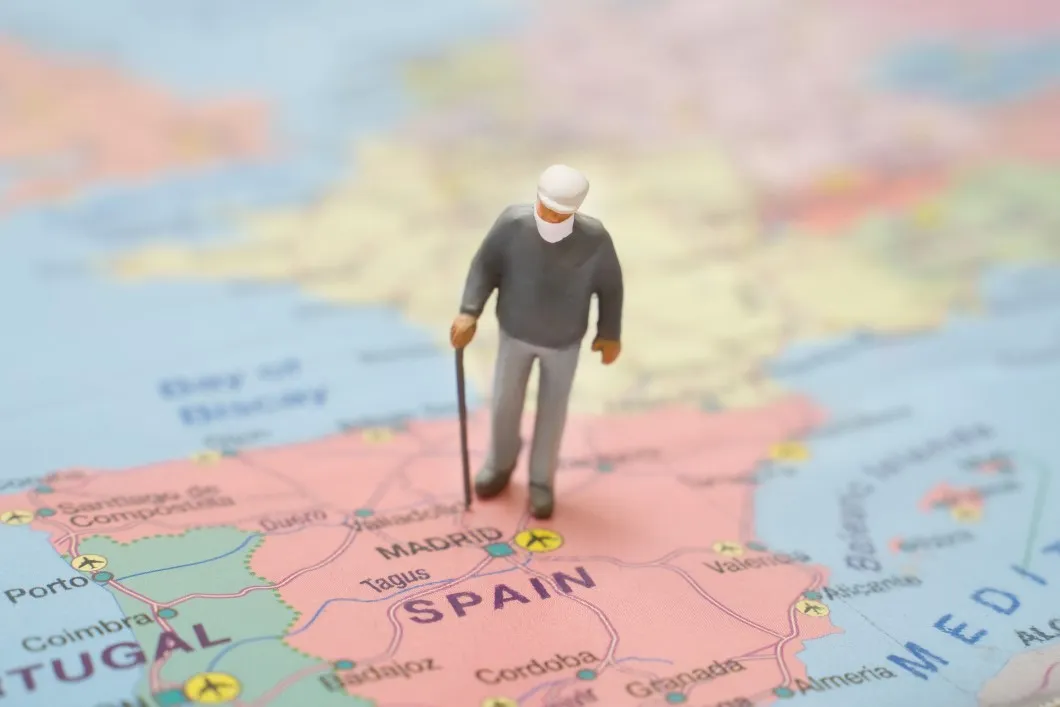
The impact of the current corona crisis on the tourism industry is expected to be enormous. In Spain, the data show the harsh reality.
Spanish Tourism Board estimates that the current crisis could affect 20% of the jobs in the country, which is around half a million jobs. Such calculation, however, takes into account that the activity resumes at the end of April. If the hotels and restaurants open in May, the industry will count 25% fewer visitors – which represents 20 to 25 million fewer foreign tourists in the year as a whole. The sales in Spanish tourism fell by 87.3% according to a survey of Exceltur. However, the government tries to save the economy through investments.
The Spanish government announced a large economic injection of 200 billion euros to mitigate the effects of coronavirus in the Royal Decree-Law of March 17. The initiatives affect families, companies, workers and the scientific community. In addition to speeding up Temporary Employment Regulation Files (ERTE) for employees, the Spanish government makes available endorsements to companies and quotes for common contingency plans for those with workers under an ERTE, among other measures.
As for tourism in Spain, the Thomas Cook financing, for instance, originally designed to mitigate the effects of the bankruptcy of this business group, has been re-evaluated. The government at the same time plans to help the industry much more. Spain is characterized by a greater dependence on the tourism industry in comparison to neighboring countries such as France, Italy, Germany, and even the United States. The authorities are thus well aware of the significance of travel businesses.
According to experts, domestic tourism will play a key role in reigniting the economy of tourism in Spain once the coronavirus pandemic is over. Currently, hotels can only round up numbers and think about ways to salvage the situation.
“The domestic market is going to be the most important one”, said Juan Carlos Sanjuán, CEO of Casual Hotels. Their profile suggests that the domestic traveler is very sensitive to prices, but if the economy does not fall apart, these travelers will travel again. “Short trips and getaways have become a necessity,” explains Sanjuán.
That is certainly an easy strategy, but it is only effective in the short term. Even so, hoteliers agree that prices shouldn’t be lowered. “We have to make policies that encourage [traveling], [and] be less restrictive with cancellations... but the price is equal to what our product is worth,” said Sanjuán. “If we lower prices, we are going to drag this psychosis for a long time. Lowering prices is not going to bring an improvement in occupancy.”

Arturo Rodríguez from Ar Chestnut comments on the foreign clientele: “The international scene does not look good”. Italy, France, Germany, the United Kingdom, and the United States are also going through this health crisis and it seems it might last longer than that of Spain since measures for containment and prevention were taken much later, with the exception of Italy. “Chances are that when Spain has gotten past the coronavirus crisis, nationals of those countries may not be able to travel just yet.”
“I would opt for the Spanish government to promote domestic tourism and, in turn, look to other countries that are recovering, such as China,” said Rodríguez. “As soon as we overcome the crisis, we can start attracting customers from countries that have also overcome the pandemic,” he explains.










